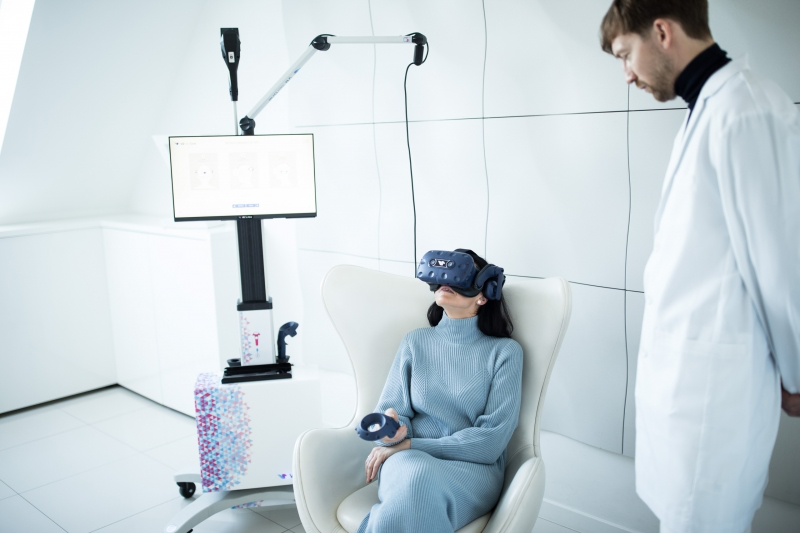In the face of a global pandemic, the care and mental health sector finds new ways to adapt quickly and safely. For many, new technology is the key to success. Already used in many industries, artificial intelligence, also in mental health services, can change the game in terms of providing more effective and personalized treatment plans. This technology not only gives better insight into the needs of patients, but also helps to develop techniques and train therapists.
Here are three ways AI has improved mental health therapy:
– Mental health professionals use artificial intelligence (AI) to improve the accuracy of diagnosis and treatment.
– Therapists turn to Artificial Intelligence to help with strains.
– Technology helps control the quality of treatment and train therapists.
1. Maintaining high standards of therapy thanks to quality control
With the increased demand for services and workloads, some mental health clinics are investigating automated ways to monitor quality control among therapists.
Mental health clinics use artificial intelligence to analyze the language used in therapy sessions using natural language processing (NLP) – a technique where machines process transcriptions. The goal of the clinic is to provide therapists with better insight into their work, to ensure a high standard of care and help trainees improve.
Technology companies have gained attention and are providing clinics with tools to better understand the words spoken between therapists and clients.
2. Refining the diagnosis and appointing an appropriate therapist
Artificial intelligence helps doctors detect mental illness earlier and make more accurate choices in addiction treatment plans.
Researchers believe they can use the insights from the data to make therapy sessions more successful to help potential clients match therapists and find out what type of therapy is best for the individual.
Eventually, we’ll get more answers on which treatment techniques work best for which combination of symptoms. Moreover, artificial intelligence research can refine the diagnosis of patients in different subgroups of conditions to help doctors personalize treatment.
Using artificial intelligence technology, therapists can sift through large amounts of data to identify family histories, patient behaviors, and responses to previous therapies to make a more accurate diagnosis and make more insightful decisions about treatment and therapist selection.
3. Monitor patient progress and change treatment as needed
The use of drugs to treat mental health problems such as depression has increased. In England, the number of people prescribed antidepressants in 2021 increased by 23% compared to 2016.
According to the researchers, artificial intelligence could help validate cognitive behavioral therapy as a treatment. In addition, researchers used artificial intelligence to distinguish phrases used in conversations between therapists and patients.
Cognitive Behavior Therapy aims to identify negative thought patterns and find ways to overcome them, which means therapists use statements to discuss methods of change and planning for the future.
Machine learning – a form of artificial intelligence that uses algorithms to make decisions – is also used to identify forms of PTSD.
AI also contributes to faster research development. One of the more effective treatments for depression without drugs is TMS Terapia.
Improvements outside the clinic
The long-term effectiveness of AI in mental health therapy has yet to be thoroughly tested, but preliminary results seem promising.
While the use of AI in the mental health ecosystem offers opportunities to improve systems, it also creates the potential for misuse and mistreatment. In mental health, trust is about more than mitigating the risks of unethical and malicious use, it is working with communities to act responsibly.













